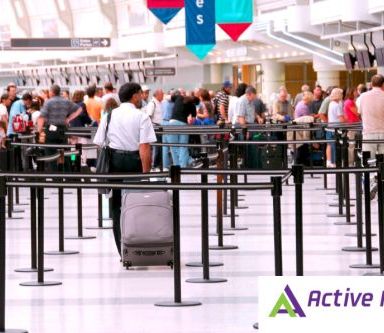
While we welcome spring with open arms, everyone knows that just because the calendar says that it is springtime does not mean that the weather is going to cooperate. Cold weather is still the norm, and a surprise snowstorm could appear at any moment. Therefore, it is important to know that cold weather and moisture can damage your hearing aids!
While hearing aids can be repaired, it is always best to practice preventative measures, and know what signs to look for that damage is present. Dr. Nikki, a top rated audiologist located in Omaha, goes into more details below.
Common problems
Condensation buildup: The biggest culprit behind hearing aid problems with cold weather is condensation! When constantly walking outside in colder temperatures and then inside into warm temperatures, condensation is bound to form. The condensation can form on the e outside of your hearing aid device and inside its battery compartment.
Battery drainage: cold weather can be harsher on your batteries and make them drain and discharge their energy quicker. If you know how long your batteries last in milder weather conditions, don't be surprised if they do not last as long when it is cold out.
Do your hearing aids have moisture damage?
Condensation buildup can lead to moisture damage and cause problems with your hearing aid. Dr. Nikki, a top rated audiologist, says that some signs you can watch out for that indicate moisture damage include:
- Sounds are unclear or seem distorted
- Noises are continuously cutting in and out
- Everything you hear seems to be surrounded by static
- Your hearing aid completely stops working, but will randomly start again. This could happen more than once.
How to protect your hearing aids
1. Wearing earmuffs can not only help to keep your ears warm, but they can help keep your hearing aid dry too. However, you will want to make sure that the material the earmuff is made from is a breathable fabric. Tight-knit materials could potentially cause condensation to build up even faster. Plus, you can get specialized earmuffs that also help with noise reduction and protect your hearing.
2. Breathable sweatbands are also a good option to wear over your ears and hearing aids when the weather gets cold! These are especially useful if you like to run outside and can help to keep everything in place in conjunction with keeping everything dry.
3. Don’t forget about umbrellas! Instead of trying to run from the store to your car in the rain, make sure you bring your umbrella with you. You could also wear a raincoat with a hood to help repel water from you.
4. Don’t try and dry out your hearing aids with a hairdryer or by placing them too close to a heater. This can cause them to melt and stop working.
Visit us
Has the cold weather been causing you and your hearing aids some issues? Contact Dr. Nikki, a top rated audiologist located in Omaha, for help with troubleshooting your device and solutions. Make an appointment today!






Comments